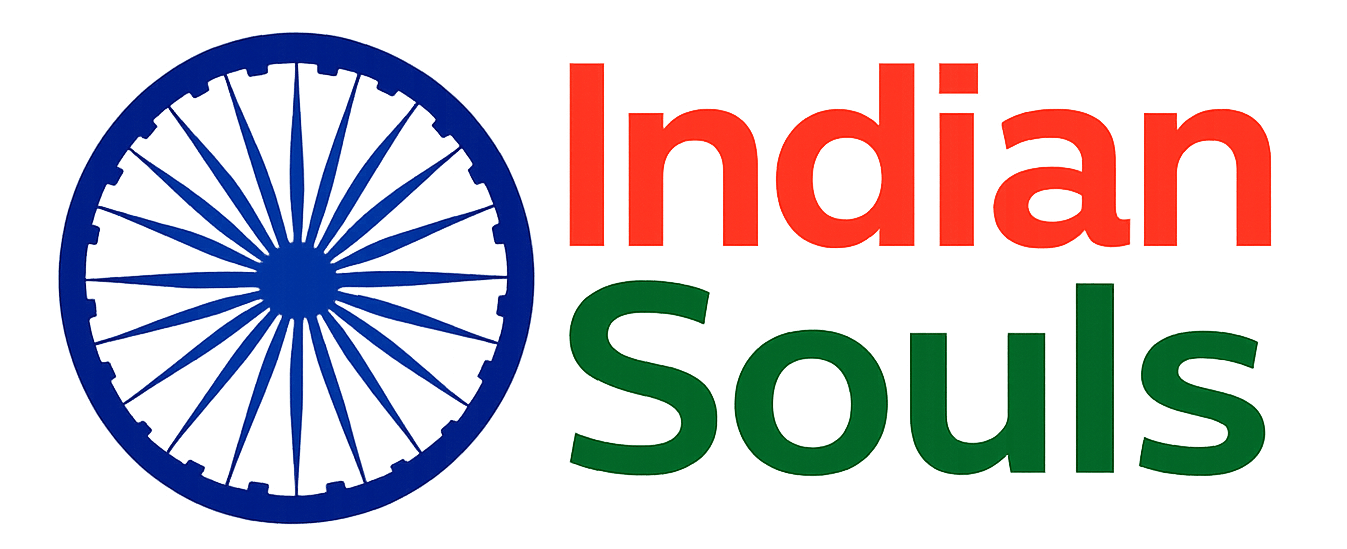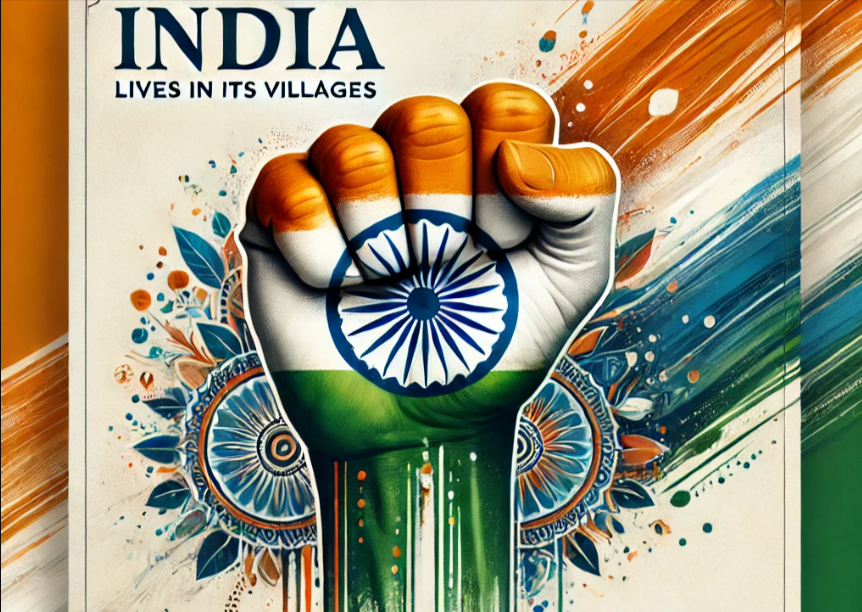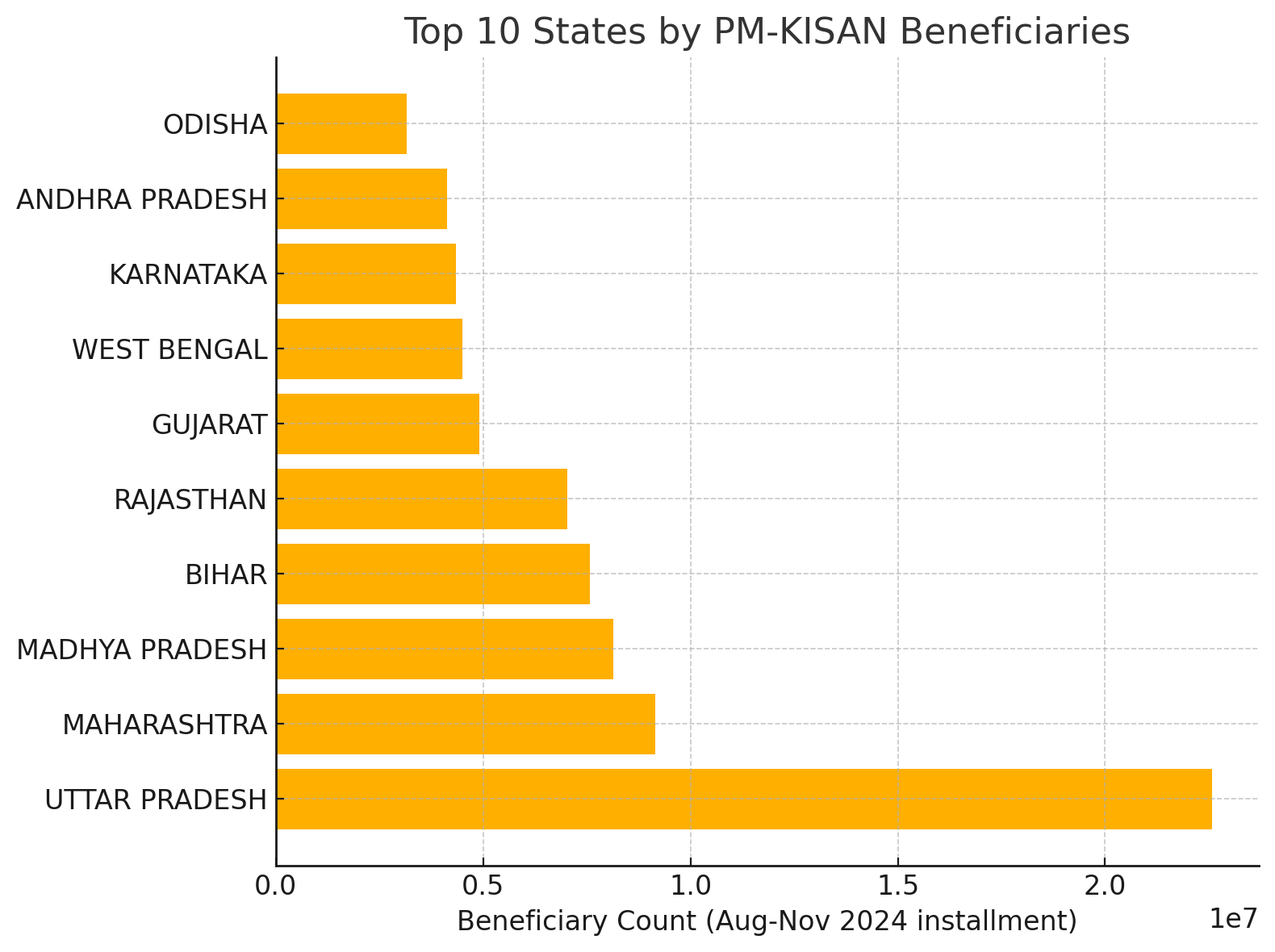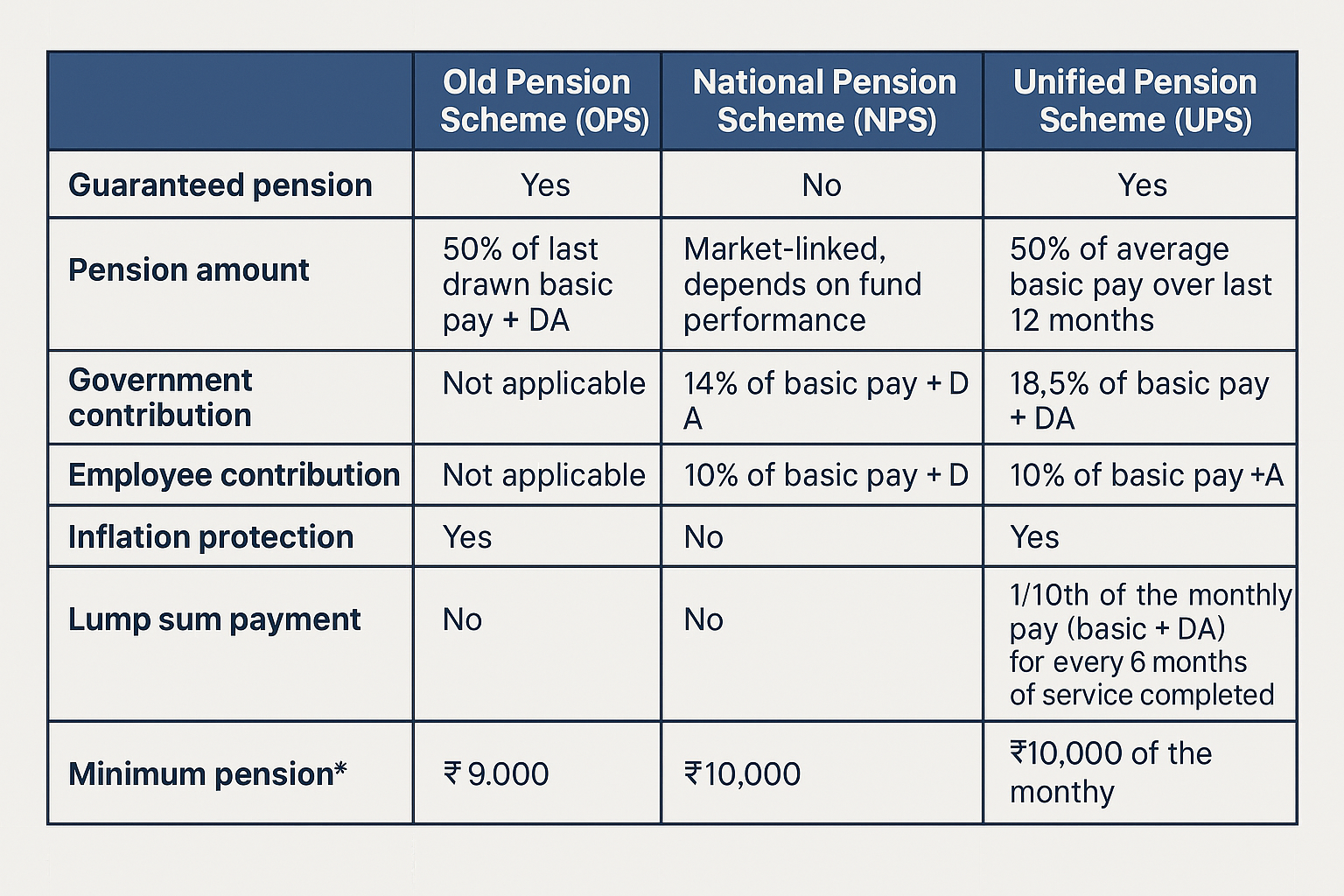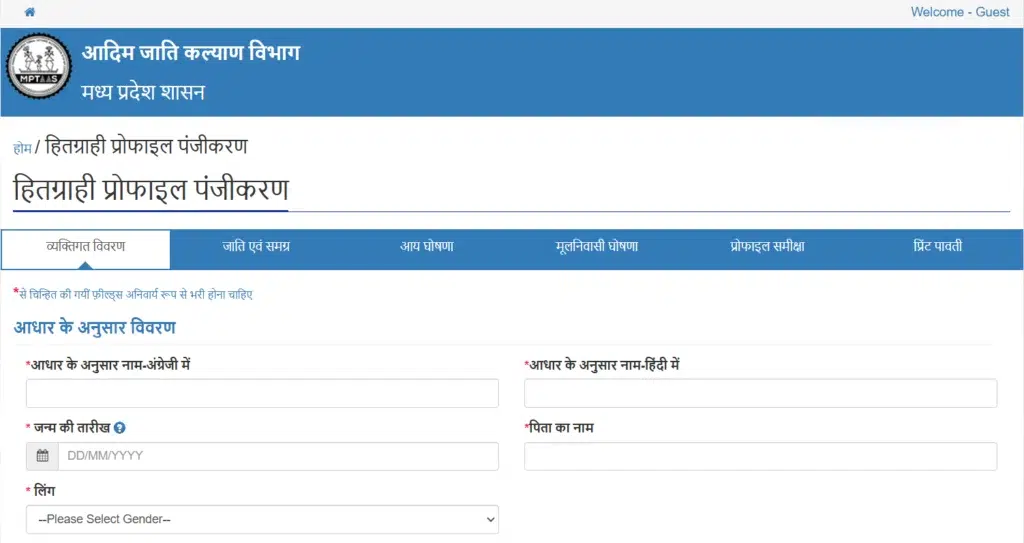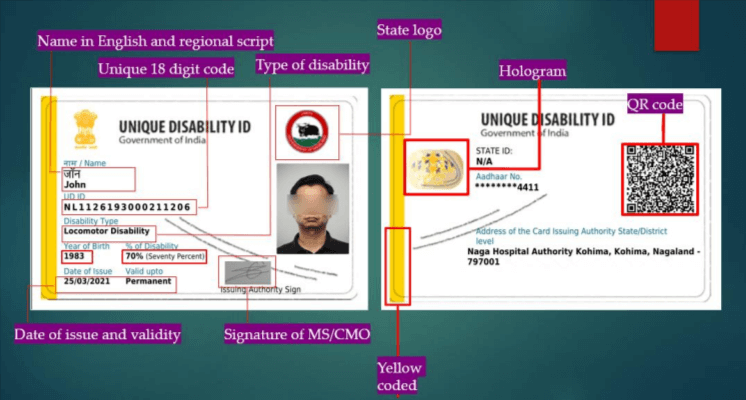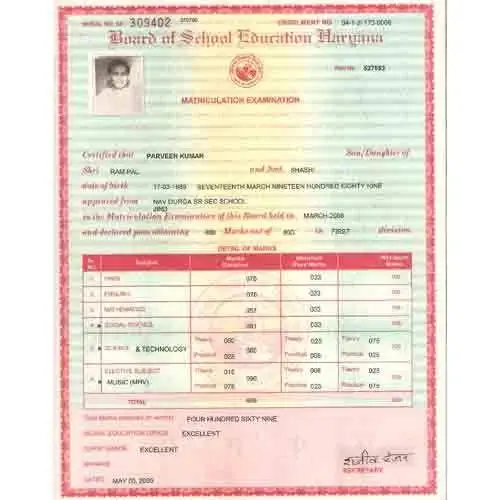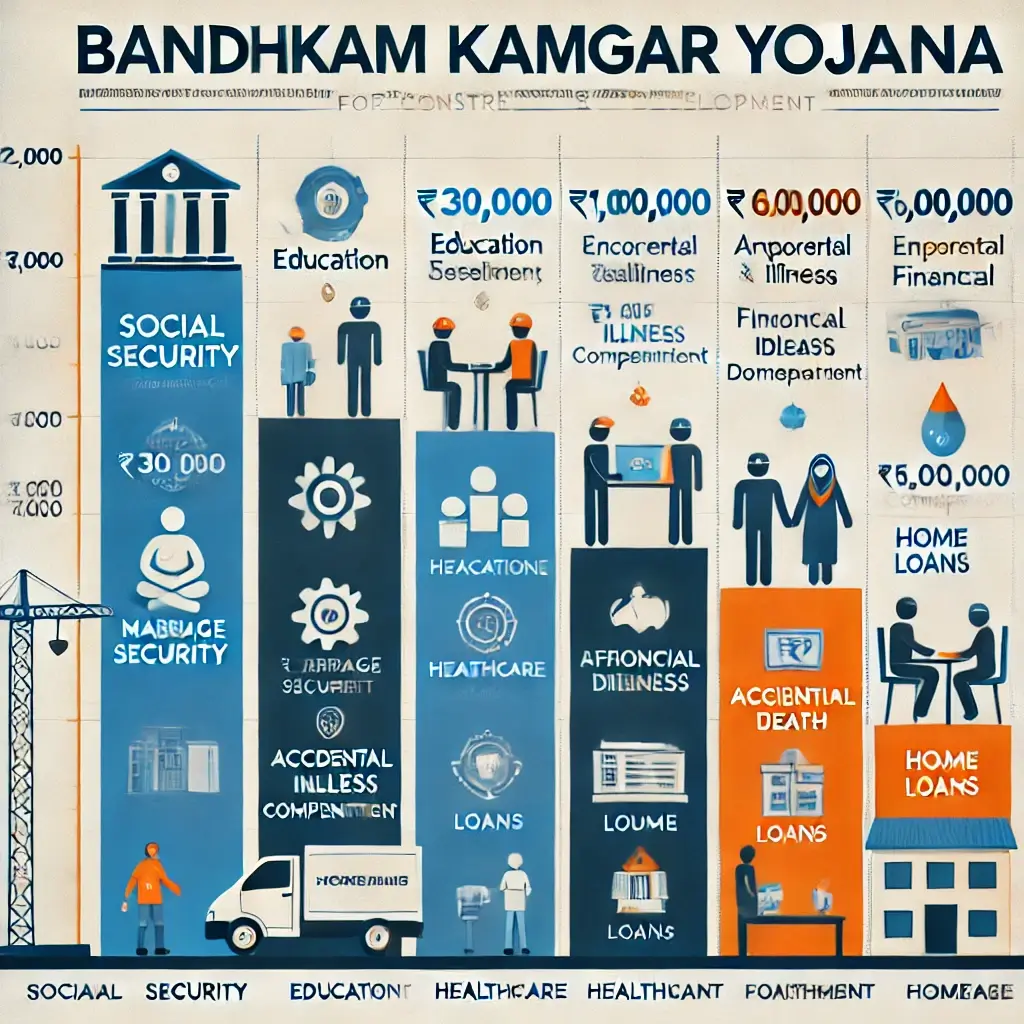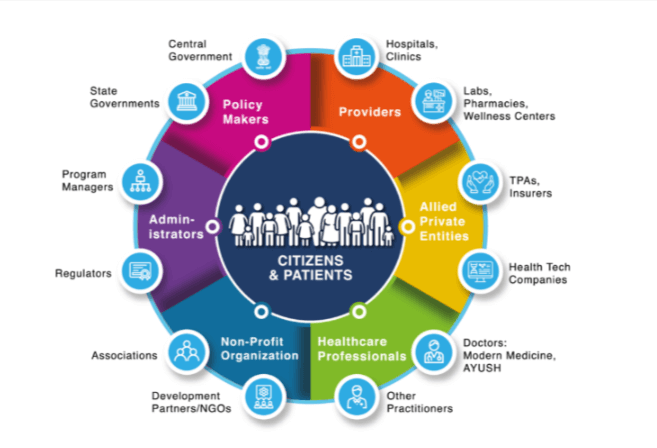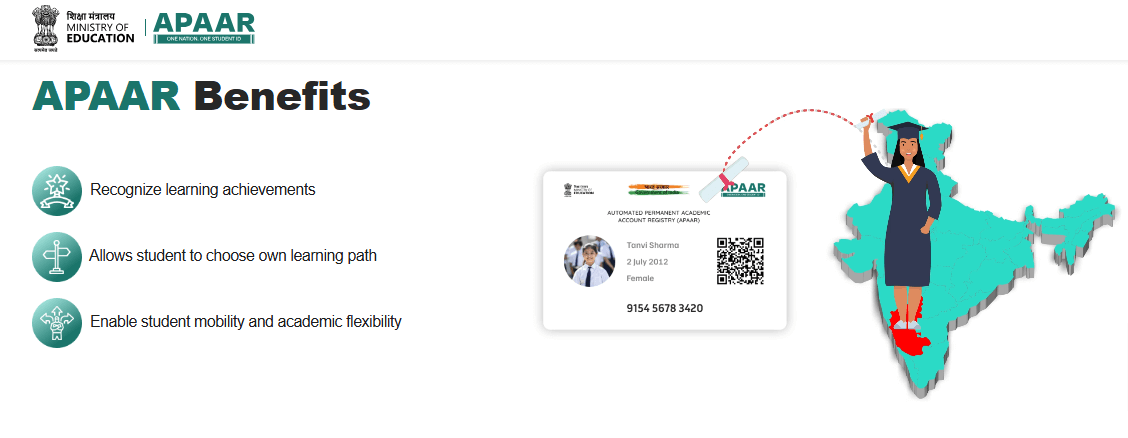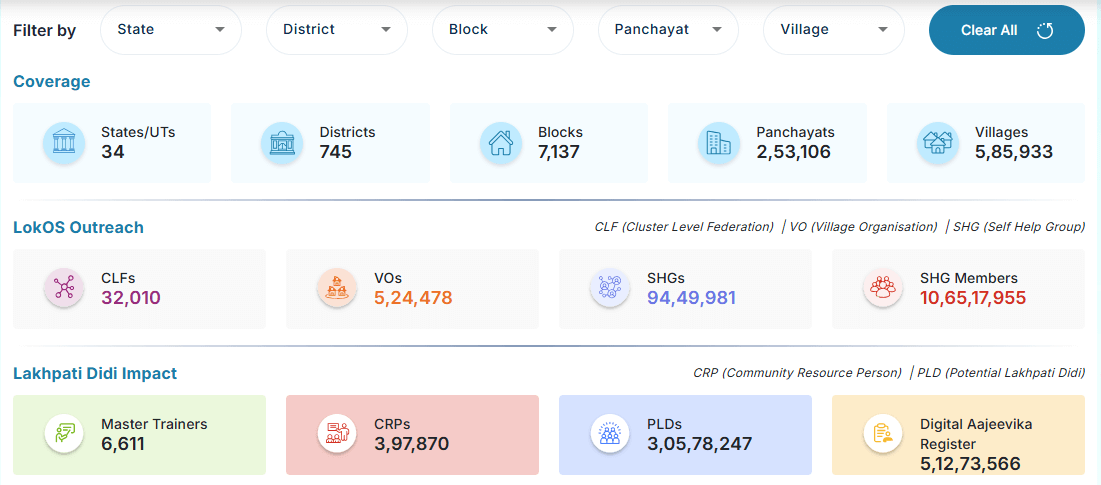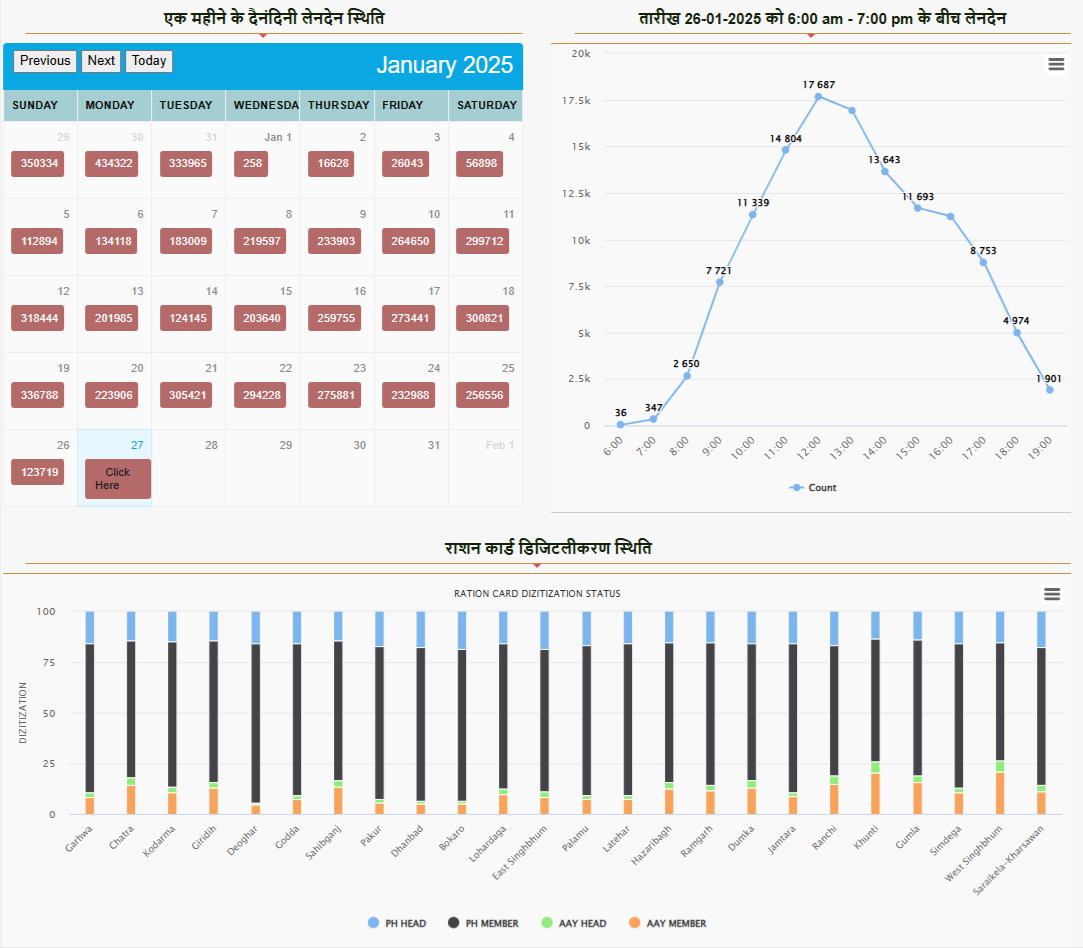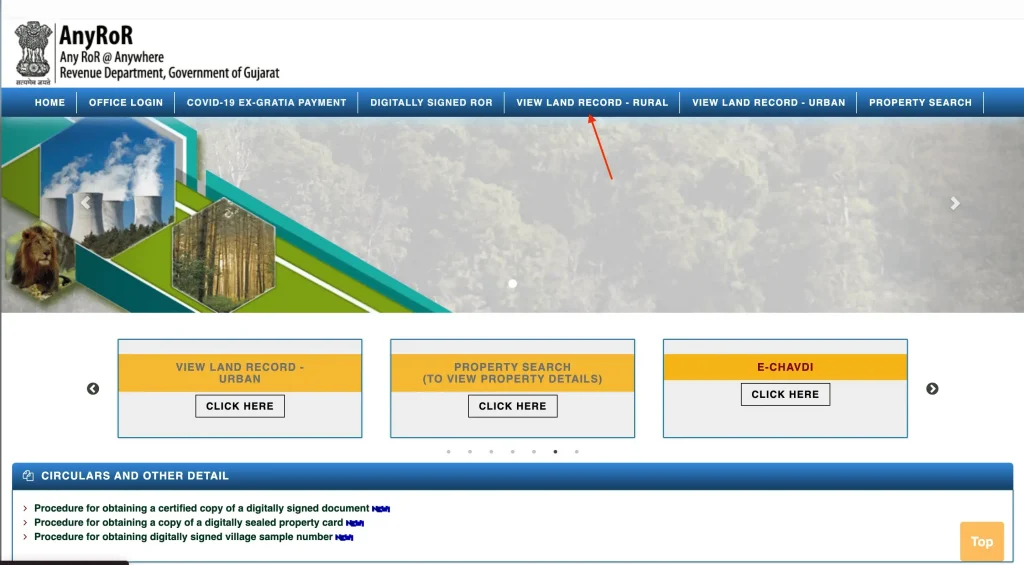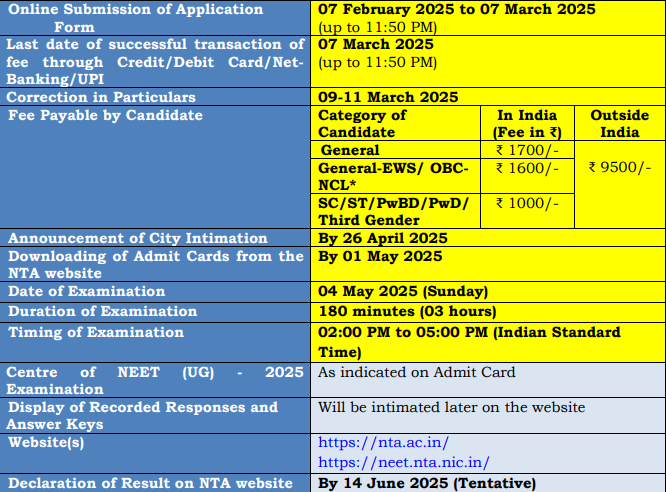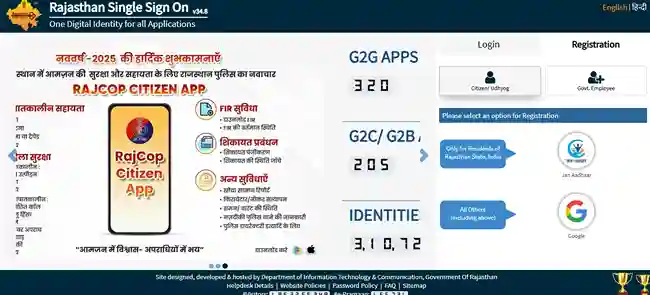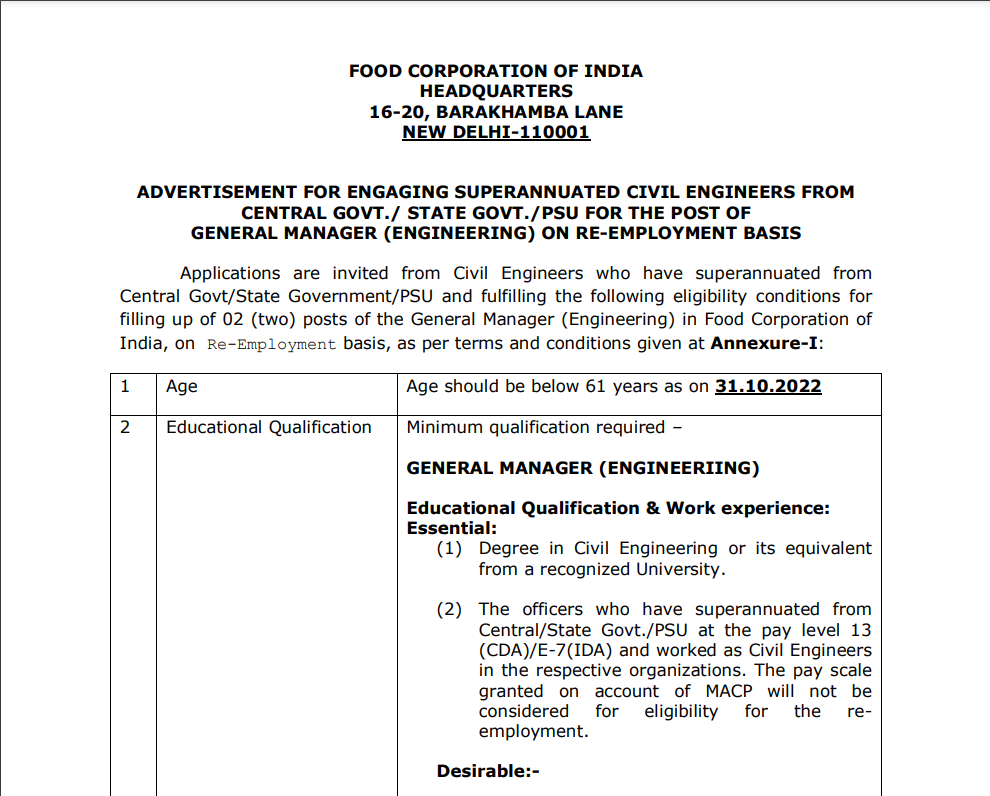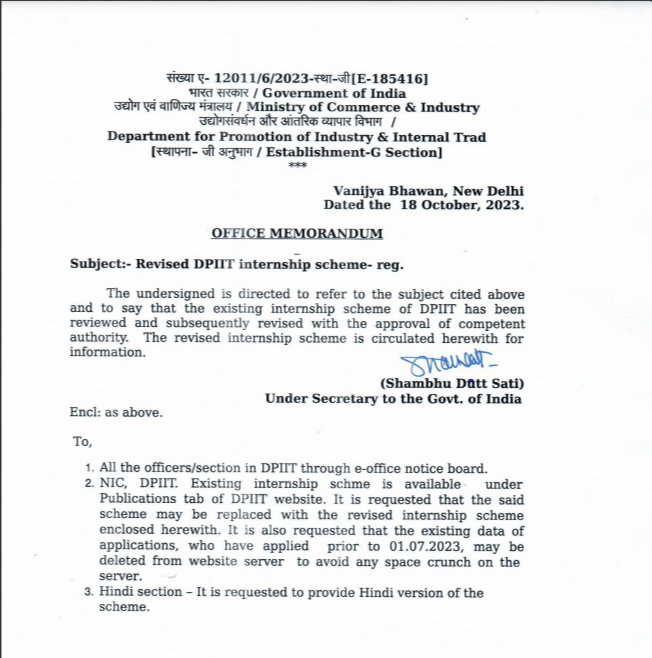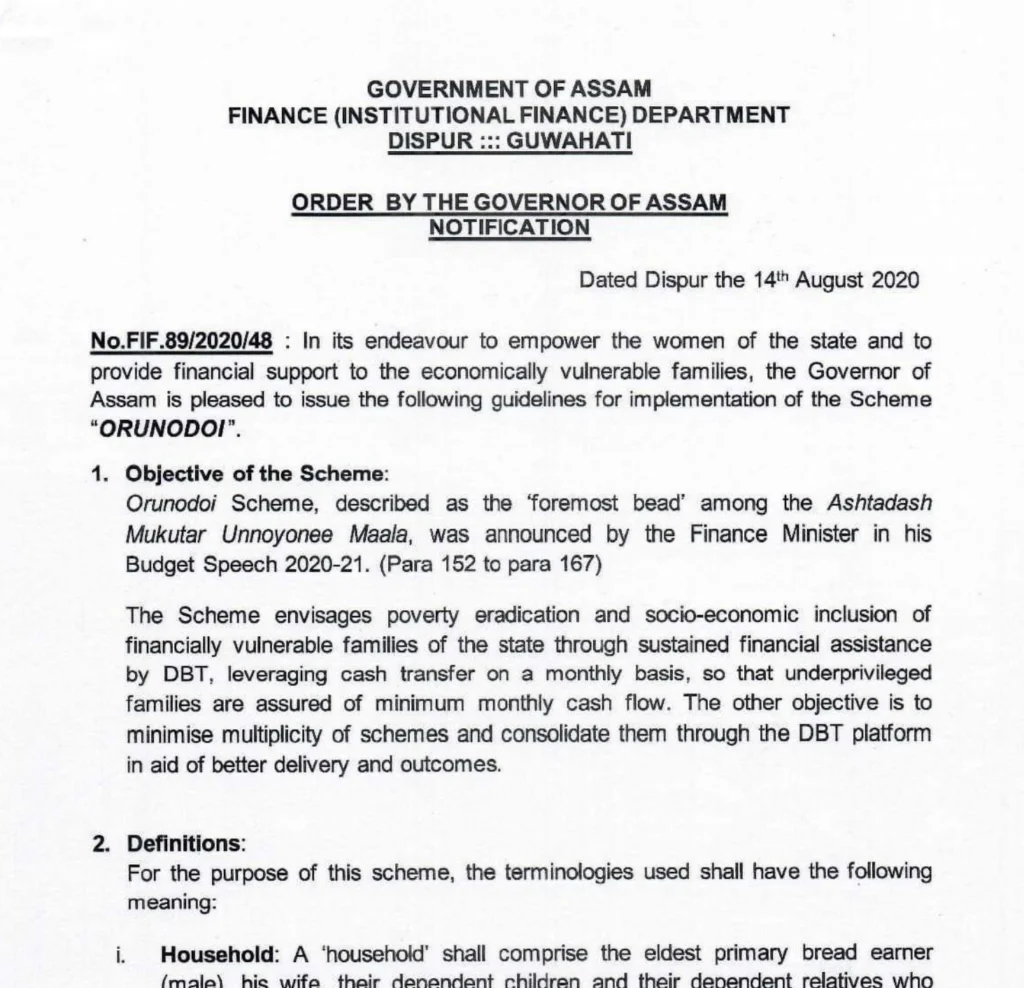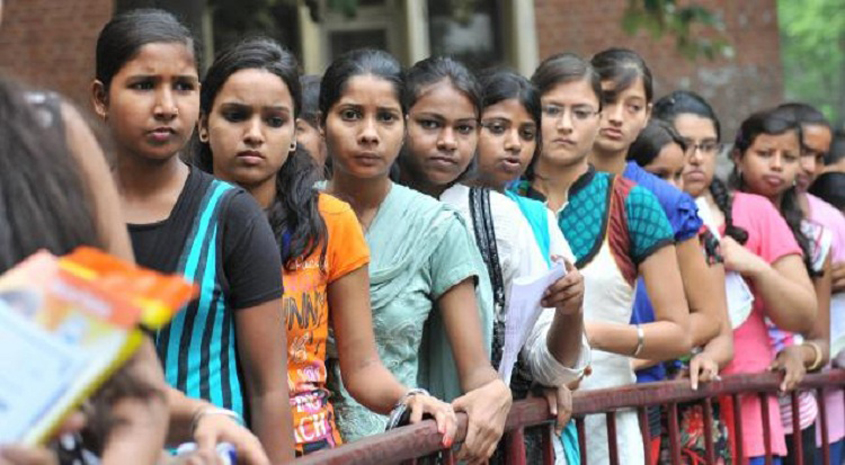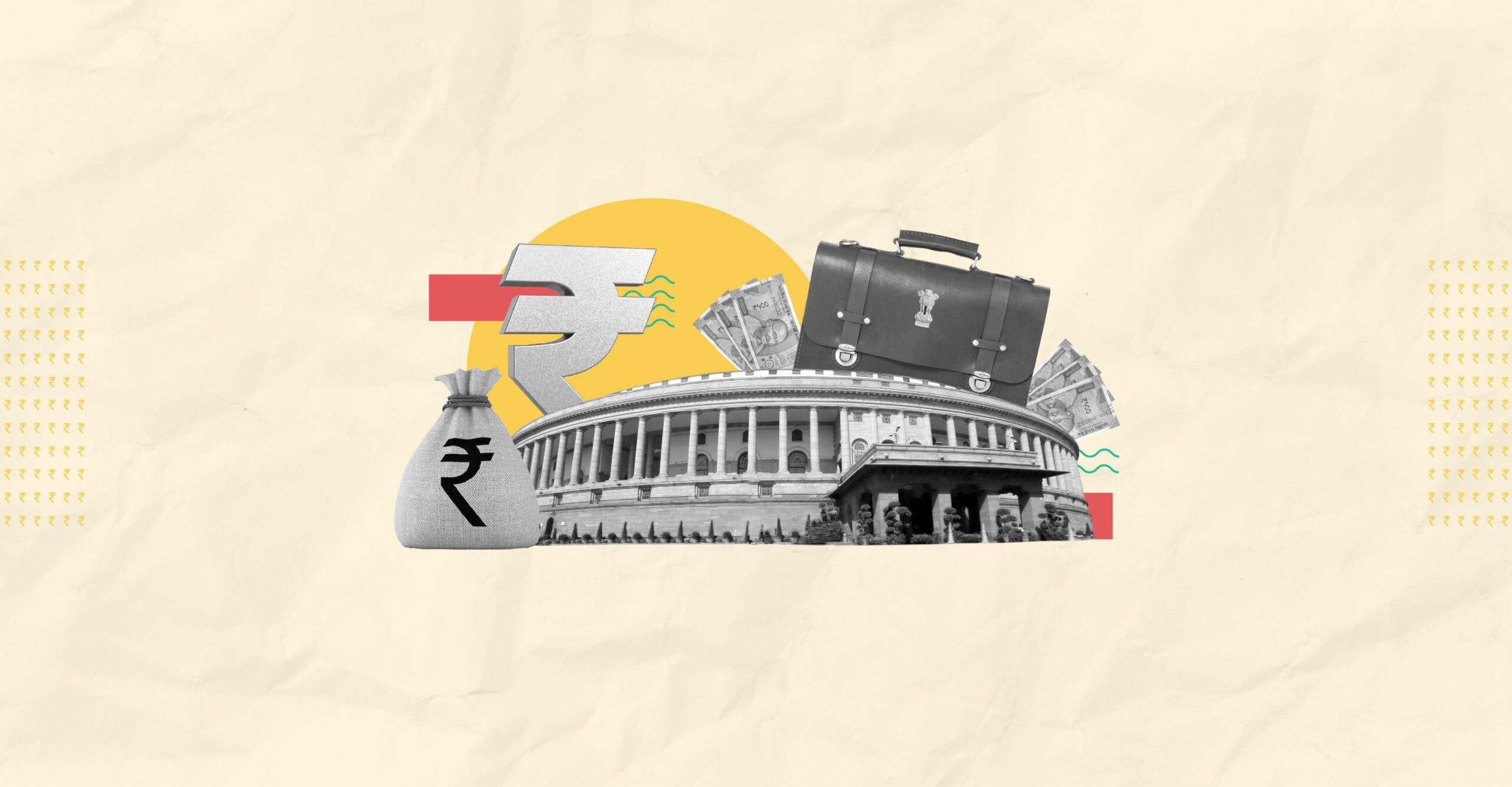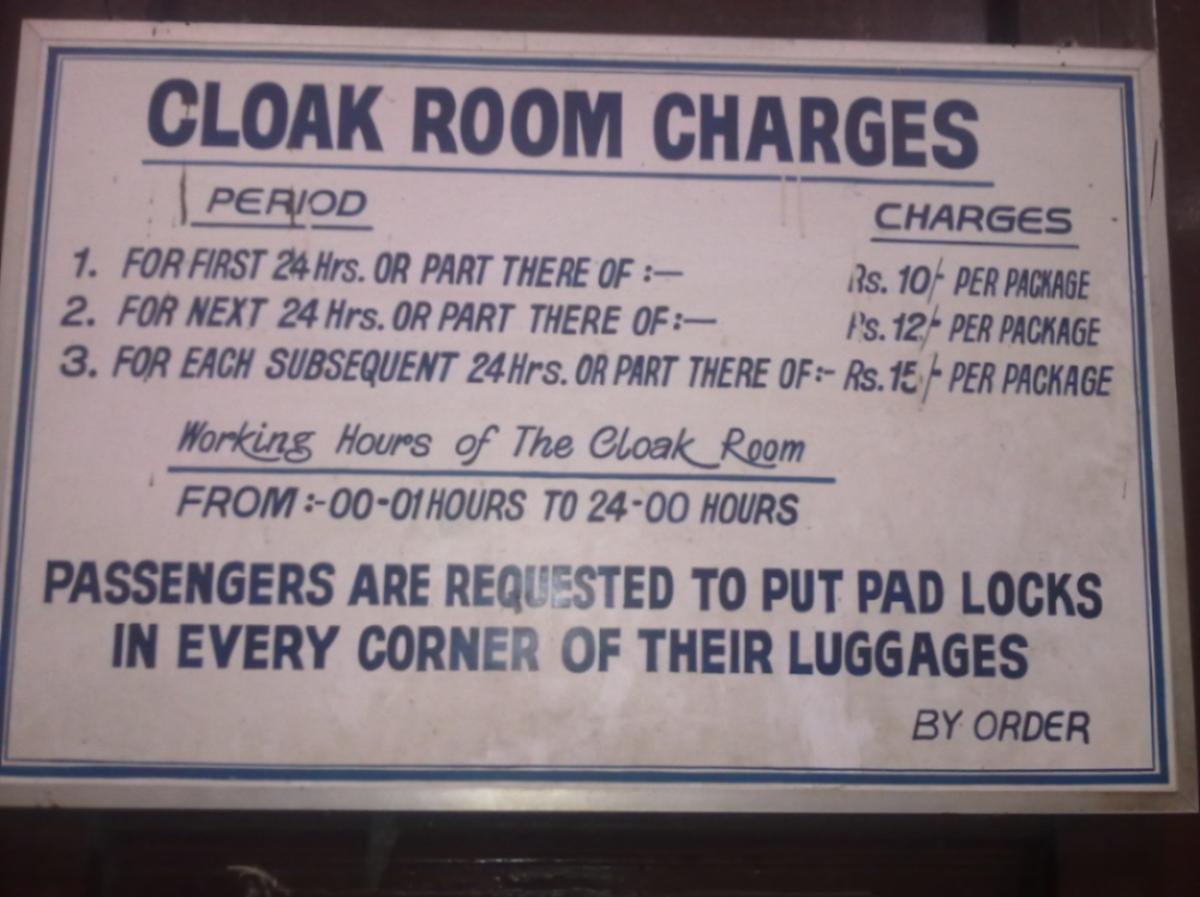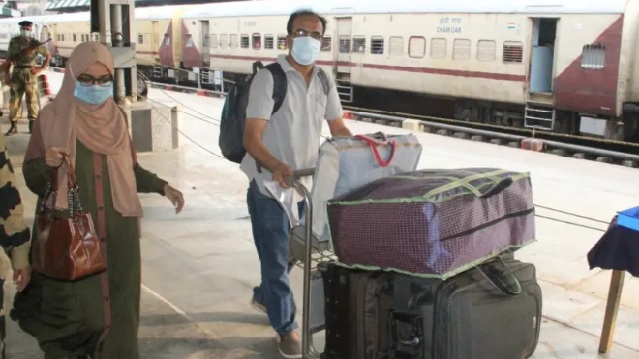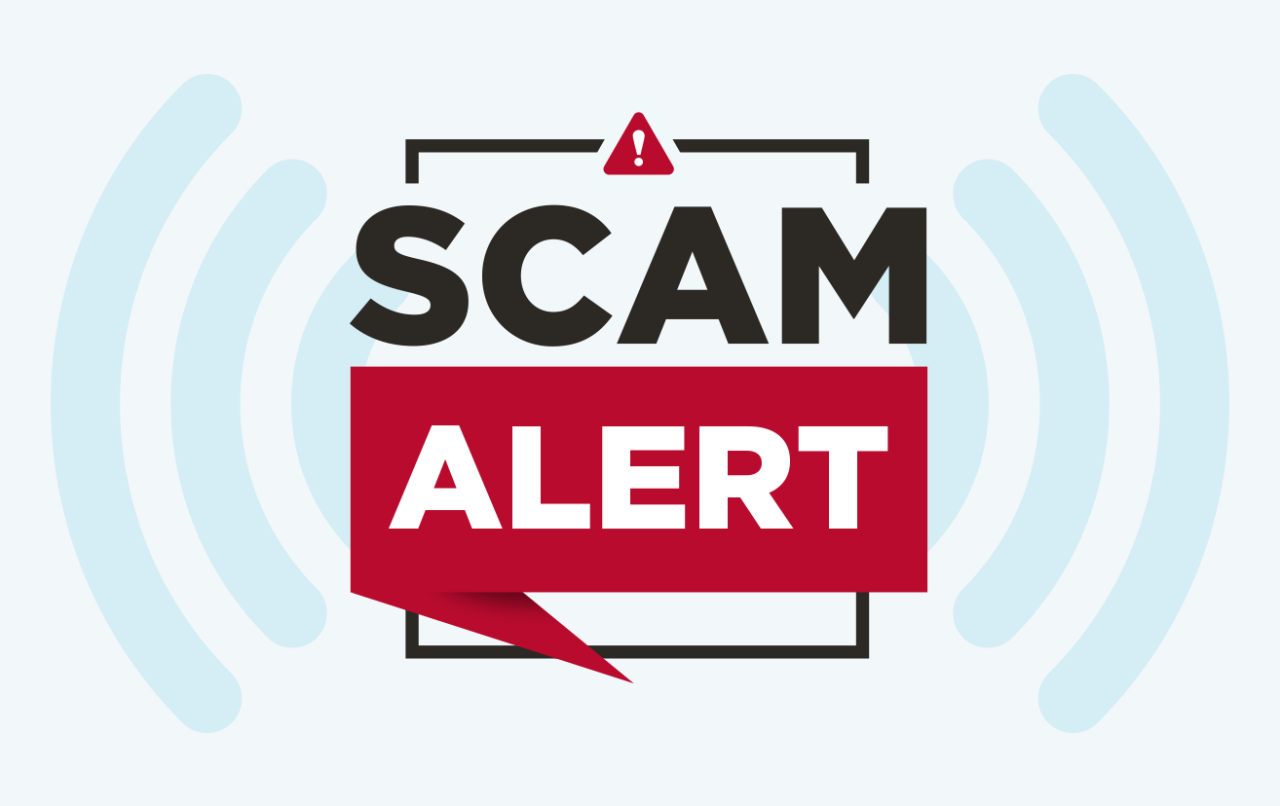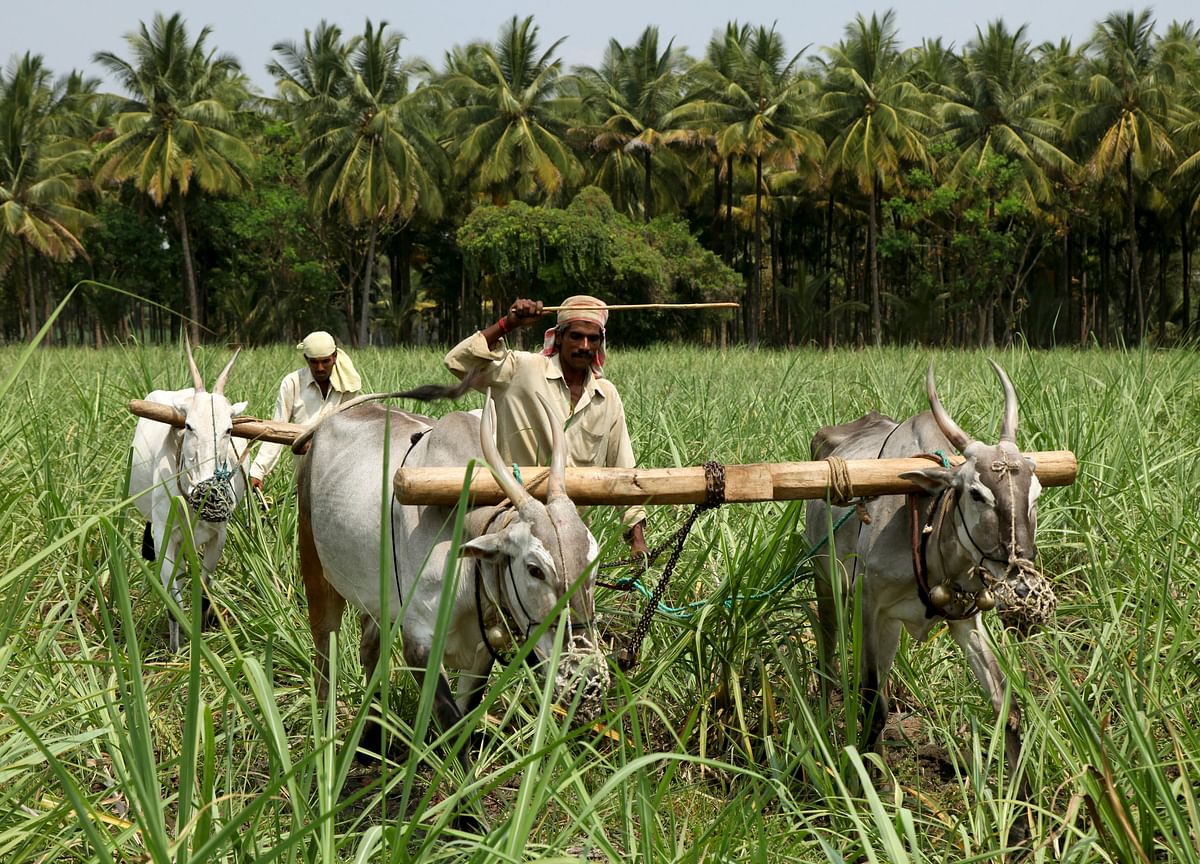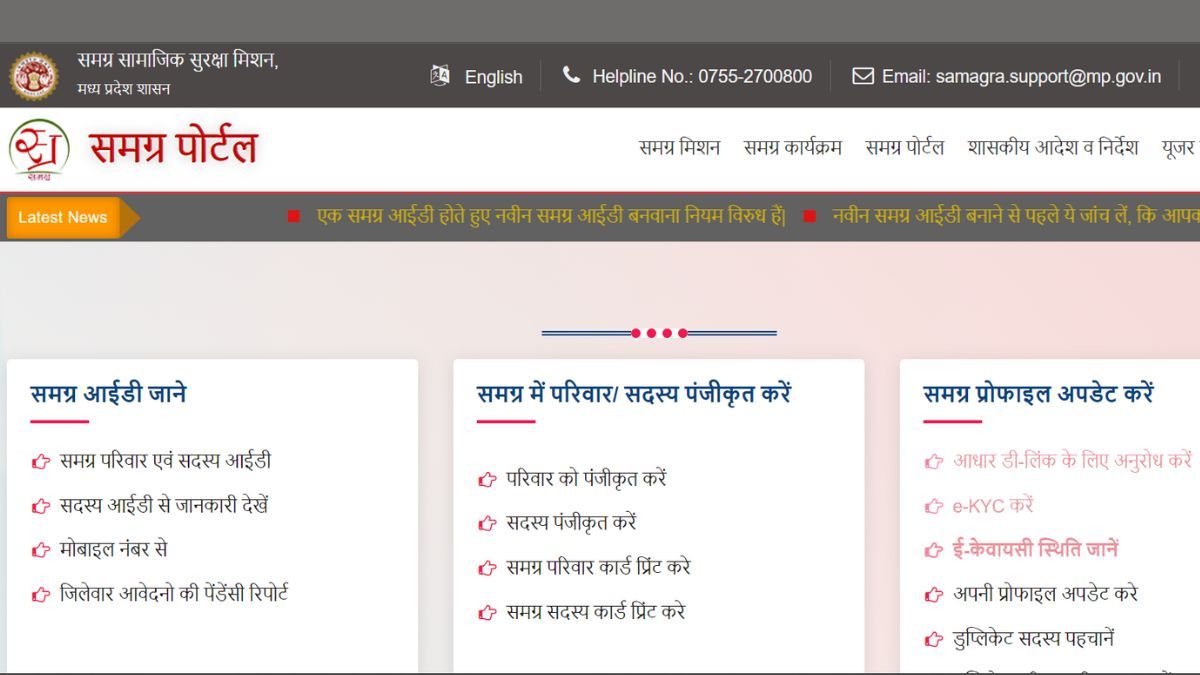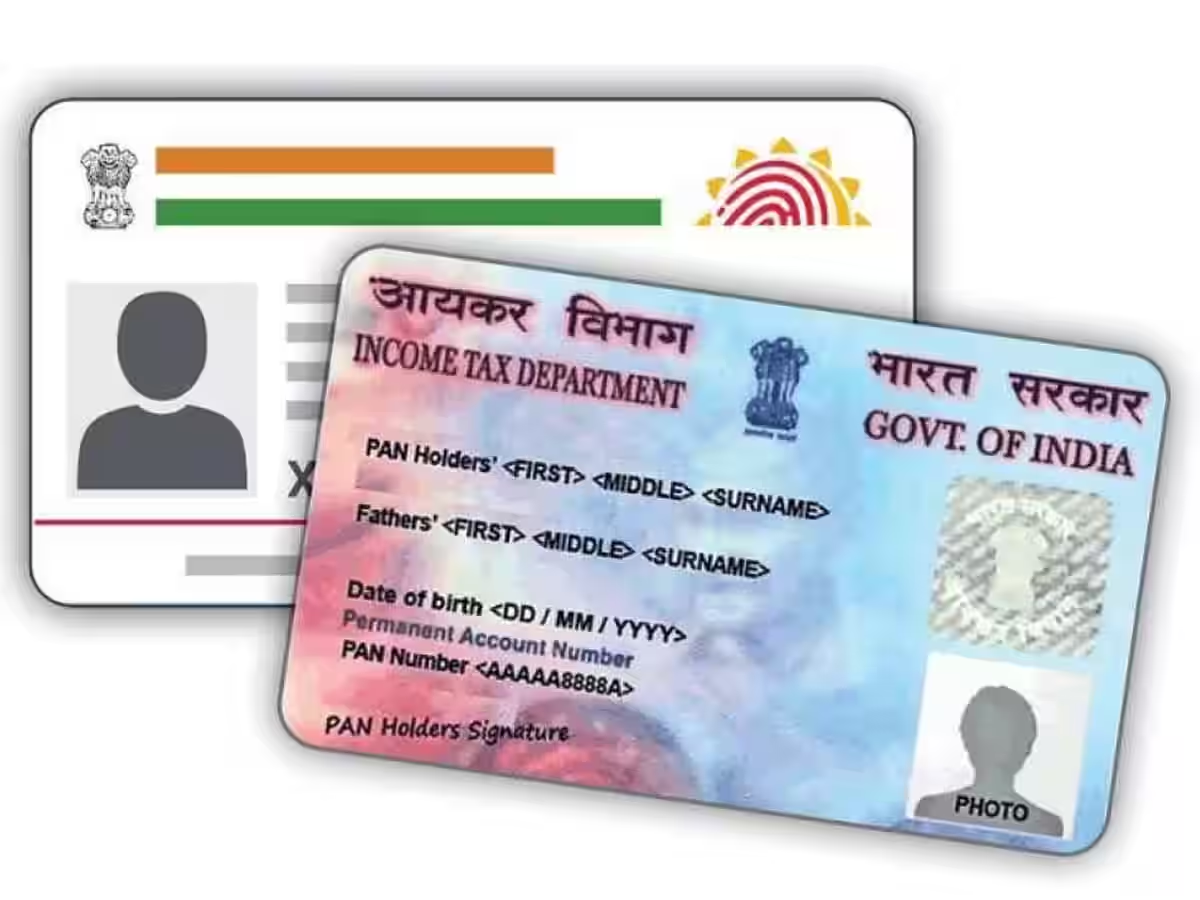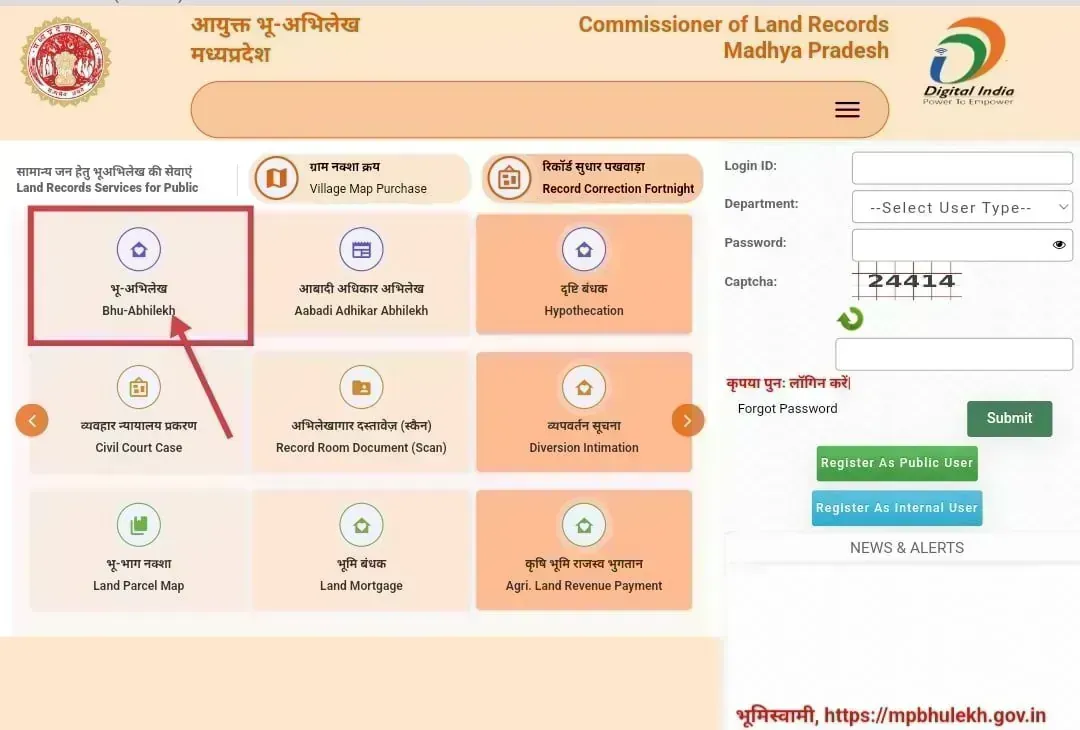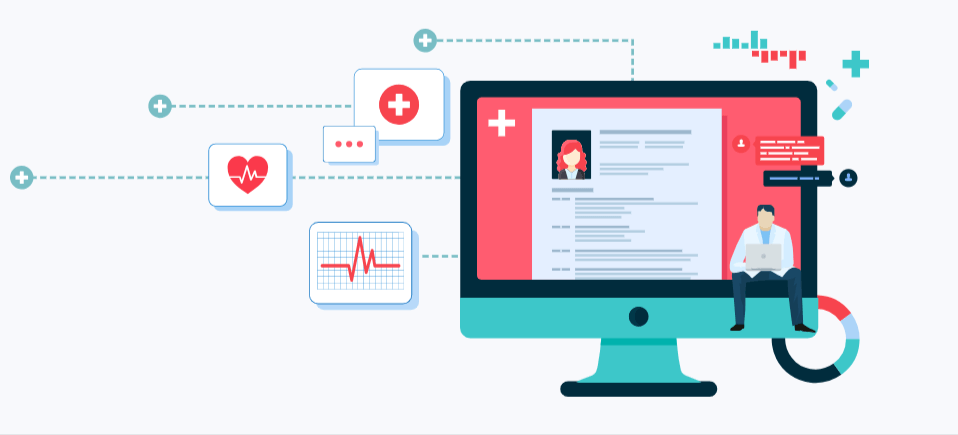
Last Updated on March 10, 2025 by Sudhir Singh
Introduction to Ayushman Bharat
India’s Ayushman Bharat initiative, officially known as the Pradhan Mantri Jan Arogya Yojana (PMJAY), was launched on September 23, 2018, as one of the world’s largest government-funded healthcare schemes. Aiming to provide free access to health insurance coverage for economically vulnerable families, Ayushman Bharat represents a significant leap toward universal healthcare in India. This comprehensive guide explores its key components, impact, benefits, challenges, and future prospects, crafted to provide clear, actionable information for readers seeking an in-depth understanding.
Pradhan Mantri Jan Arogya Yojana (PM-JAY) aims to do! It’s the world’s largest health assurance scheme, offering free treatment up to ₹5 lakh per family per year at hospitals across the country.
Over 73 lakh treatments provided, worth ₹10,000 crores!
Understanding the Core Components
Ayushman Bharat has two primary pillars:
1. Pradhan Mantri Jan Arogya Yojana (PMJAY)
The PMJAY government scheme provides an annual health coverage of up to INR 5 lakhs per family per year for secondary and tertiary healthcare treatments. Covering over 10 crore vulnerable families (approximately 50 crore individuals), this scheme specifically targets families listed in the Socio-Economic Caste Census (SECC) 2011.
Key Features:
- Cashless and paperless treatment at empaneled public and private hospitals.
- Coverage for hospitalization expenses, including pre- and post-hospitalization care.
- No cap on family size or age.
2. Health and Wellness Centers (HWCs)
Health and Wellness Centers are designed to deliver comprehensive primary healthcare services closer to homes. Over 1.5 lakh existing sub-centers and primary health centers are being upgraded into HWCs, offering preventive, promotive, and curative healthcare.
Services provided include:
- Maternal and child health services
- Management of communicable and non-communicable diseases
- Free essential medications and diagnostic services
- Wellness activities like yoga and health education
Eligibility and Enrollment Process
Beneficiaries are identified based on criteria from the SECC 2011 survey, which primarily focuses on socioeconomic vulnerabilities.
Key eligibility criteria include:
- Families without adult male members aged between 16 and 59 years.
- Families living in one-room homes with kutcha walls and roofs.
- Scheduled Castes and Scheduled Tribes households.
To check eligibility:
- Visit the official PMJAY website or approach the nearest Common Service Centre (CSC).
- Enter basic information (name, state, mobile number).
- Confirm eligibility through the database.
Enrollment involves biometric verification through Aadhaar, ensuring authenticity and transparency in the beneficiary identification process.
Benefits and Positive Impacts
Financial Protection and Reduced Poverty
Ayushman Bharat significantly reduces out-of-pocket medical expenditures, preventing millions from slipping into poverty due to healthcare costs.
Increased Healthcare Access
The scheme enhances healthcare accessibility by expanding services into rural and remote areas where healthcare facilities were historically limited.
Empowerment of Women
Women, especially in rural and underserved communities, benefit greatly as maternal and child health services are prioritized, leading to improved health outcomes for families.
Challenges Faced by Ayushman Bharat
Despite its achievements, Ayushman Bharat encounters several significant hurdles:
Limited Private Sector Participation
Although private hospitals are integral to the scheme, some are hesitant to join due to reimbursement delays, low package rates, and complex paperwork.
Quality Control and Infrastructure Issues
Ensuring uniform healthcare quality across all empaneled facilities remains challenging, especially in rural areas with limited infrastructure.
Awareness and Utilization
Many eligible families remain unaware of the benefits due to insufficient grassroots-level communication, thereby limiting optimal utilization.
Solutions and Recommendations
To address these challenges, the following measures are recommended:
- Enhanced Incentives: Improve payment mechanisms and timely reimbursements to encourage greater private hospital participation.
- Strengthening Infrastructure: Invest in rural healthcare infrastructure and capacity building of healthcare providers.
- Intensive Awareness Campaigns: Conduct regular outreach programs, leveraging local community leaders, media, and NGOs for extensive awareness and higher enrollment.
Real-Life Success Stories
Ayushman Bharat has dramatically improved healthcare outcomes for millions. For instance, numerous cases highlight how families were able to access critical life-saving surgeries, treatments for chronic illnesses, and quality maternity care, drastically improving their quality of life without financial distress.
Future Prospects and Enhancements
The Indian government aims to continuously expand and refine Ayushman Bharat by:
- Increasing the number of empaneled hospitals and healthcare providers.
- Leveraging technology for improved claim settlement processes.
- Extending the scope of services, including telemedicine and digital healthcare initiatives, particularly post-pandemic.
Latest News About PM-JAY
Recently, two major updates have been introduced under the Pradhan Mantri Jan Arogya Yojana. Those two updates are:
- People above the age of 70 can also apply for the government scheme through the Ayushman Vaya Vandana card.
- More than 10 lakh senior citizens have enrolled in the scheme and around 9 lakh rupees have been invested toward their treatment.
- The government released funds worth Rs. 184 crore as a first instalment of premium towards execution of the PMJAY and SEHAT schemes in the state of J&K.
Conclusion
Ayushman Bharat stands as a transformative step toward achieving comprehensive, affordable, and equitable healthcare in India. While challenges exist, its continuous evolution and emphasis on strengthening healthcare systems promise a healthier future for millions. Understanding this scheme deeply enables citizens, policymakers, and healthcare providers to collaborate effectively in enhancing the nation’s health infrastructure and well-being.
References and Resources
- Official Ayushman Bharat PMJAY Website: pmjay.gov.in
- Ministry of Health and Family Welfare Reports: mohfw.gov.in
- World Health Organization (WHO) Reports on Ayushman Bharat: who.int
